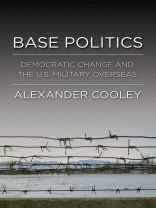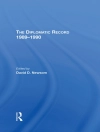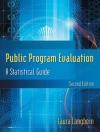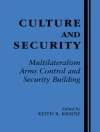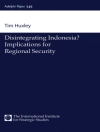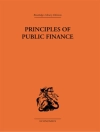According to the Department of Defense’s 2004 Base Structure Report, the United States officially maintains 860 overseas military installations and another 115 on noncontinental U.S. territories. Over the last fifteen years the Department of Defense has been moving from a few large-footprint bases to smaller and much more numerous bases across the globe. This so-called lily-pad strategy, designed to allow high-speed reactions to military emergencies anywhere in the world, has provoked significant debate in military circles and sometimes-fierce contention within the polity of the host countries.
In Base Politics, Alexander Cooley examines how domestic politics in different host countries, especially in periods of democratic transition, affect the status of U.S. bases and the degree to which the U.S. military has become a part of their local and national landscapes. Drawing on exhaustive field research in different host nations across East Asia and Southern Europe, as well as the new postcommunist base hosts in the Black Sea and Central Asia, Cooley offers an original and provocative account of how and why politicians in host countries contest or accept the presence of the U.S. military on their territory.
Overseas bases, Cooley shows, are not merely installations that serve a military purpose. For host governments and citizens, U.S. bases are also concrete institutions and embodiments of U.S. power, identity, and diplomacy. Analyzing the degree to which overseas bases become enmeshed in local political agendas and interests, Base Politics will be required reading for anyone interested in understanding the extent—and limits—of America’s overseas military influence.
About the author
Alexander Cooley is Associate Professor of Political Science at Barnard College and Columbia University’s School of International and Public Affairs. He is the author of Logics of Hierarchy: The Organization of Empires, States, and Military Occupations, also from Cornell, cowinner of the 2006 Marshall Shulman Prize given by the AAASS. His writings on base-related issues have been published in the New York Times, International Herald Tribune and Foreign Affairs.
